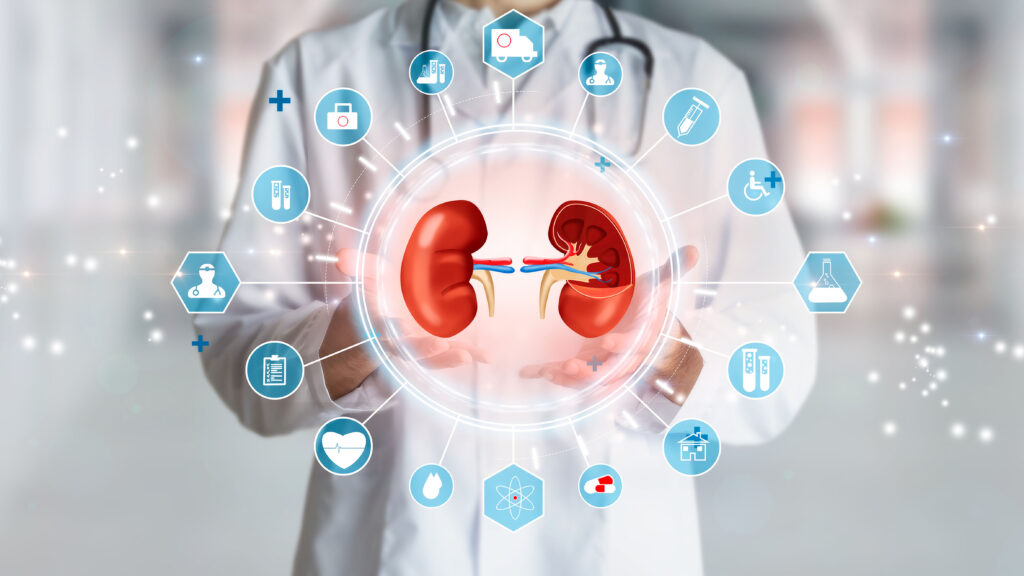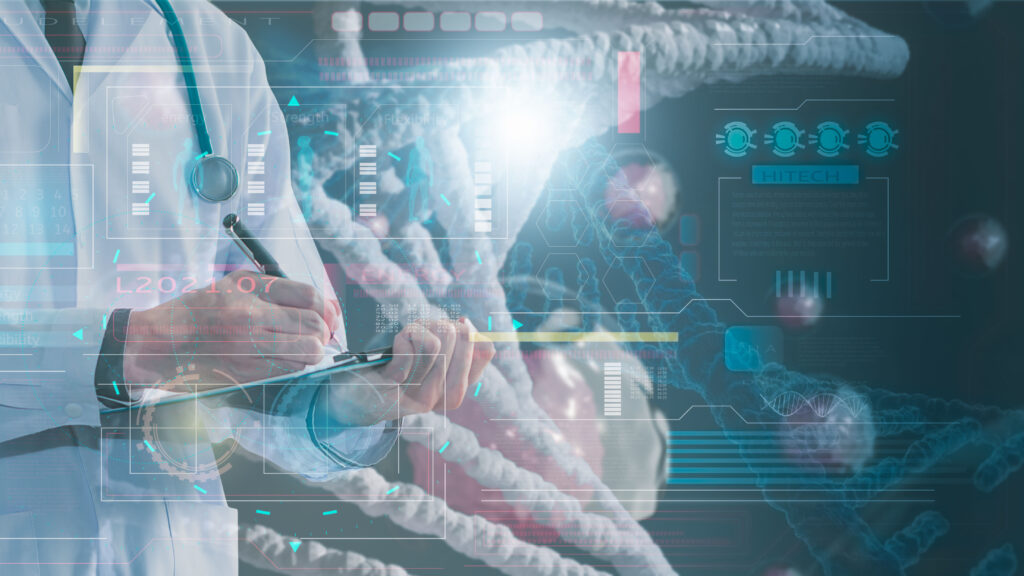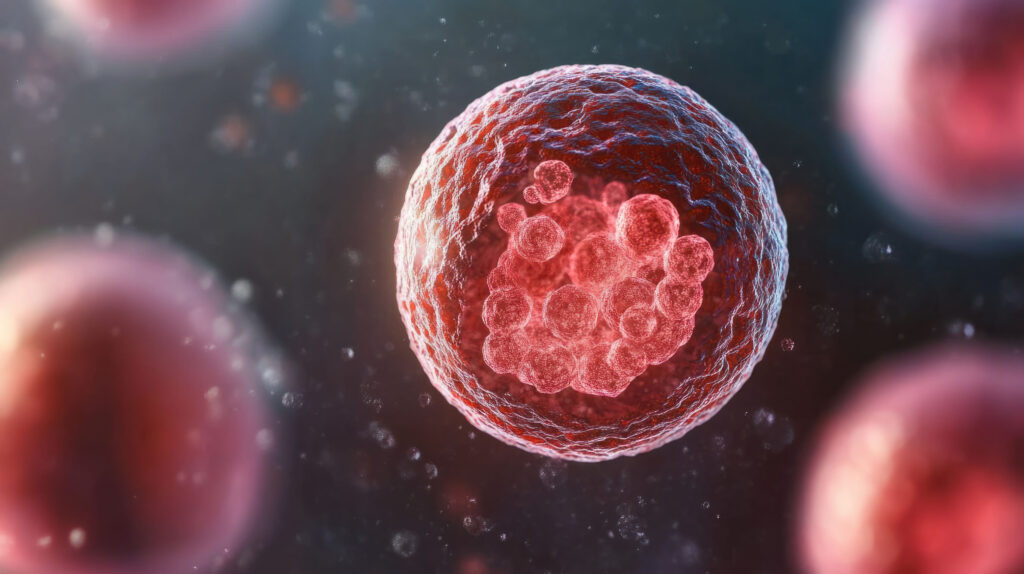Creating innovative, fit-for-purpose, applied analytical methodologies
Our research program is focused on methodological developments in data science and pathways to translation and application in biology, food sciences and conservation.
Research program
To address the data challenges presented by complex global problems and enable data-driven discovery in scientific research we have structured our research program into methodology-focused research clusters and problem-focused data discovery themes.
Research clusters
Our research program has three fundamental research clusters:
- Bioinformatics
- Quantitative technology
- Integrative systems & modelling
Data discovery themes
Members from different clusters will come together to work in collaboration on problem-focused collaborative projects under the four data discovery themes for:
- Data discovery in food science and nutrition
- Data discovery in life and biomedical sciences
- Data discovery in health sciences and precision medicine
- Data discovery in conservation
About us
Our software
Open-source software for data intensive science
Special interest groups
Project nodes

Kidney allocation data science
This project brings together biostatistics and bioinformatics disciplines to deliver a series of tools to improve kidney disease management and access and transplantation outcomes. Projects include devising methods to identify immunological markers and risk factors, building personalised risk models for graft outcomes, developing a simulation framework for allocation systems, and evaluating interventions, with the potential to guide policy decisions for patients with chronic kidney disease.
Research leads: Prof Armando Teixeira-Pinto, A/Prof Ellis Patrick, Prof Jean Yang, Prof Samuel Muller.

Cardiovascular data science
The project brings together expertise in bioinformatics, machine learning and statistics to integrate multi-omics data to create novel biomarkers and risk scores for coronary artery disease that is flexible, interpretable and scalable. This will close the gap between data generation and data interpretation and the gap between biomarker discovery and clinical translation.
Research leads: A/Prof Ellis Patrick, Prof Jean Yang, Prof Jinman Kim, A/Prof John Ormerod, Dr Lake-Ee Quek, Prof Mary Myerscough, A/Prof Tongliang Liu.

Data discovery for health (D24H): infectious disease
This project brings together expertise in bioinformatics, imaging and machine learning to develop a suite of readily deployable software solutions that accelerate the processing of various biomedical data by harnessing the parallel and distributed capacity offered by modern cloud computing platforms.
Research leads: A/Prof Ellis Patrick, A/Prof Garth Tarr, Prof Jean Yang, Prof Jinman Kim, A/Prof Pengyi Yang.

Cancer data science
This is a collection of cancer projects that requires expertise in statistics, biostatistics, imaging and machine learning to develop a suite of tools including genomics and imaging omics, that will solve major challenges in multi-morality risk prediction tools. With a primary focus on Melanoma and Head & Neck Cancer.
Research leads: A/Prof Ellis Patrick, A/Prof Garth Tarr, Prof Jean Yang, Prof Jinman Kim, A/Prof John Ormerod, Dr Lake-Ee Quek, Prof Samuel Muller.

Single-cell data science
The project embraces disruptive biotechnologies such as the recent single-cell innovation that generates thousands or even millions of cells in a single experiment and poses unique data science problems in scale and complexity. As such, it generates new computational and algorithmic challenges related to data storage, processing (including normalisation), modelling, analysis, and interpretations.
Research leads: A/Prof Ellis Patrick, Prof Jean Yang, A/Prof John Ormerod, A/Prof Pengyi Yang, Dr Rachel Wang, Dr Shila Ghazanfar.

Population food quality and supplies for health
This project combines statistics, biostatistics, demographic modelling and age-period-cohort models to address data challenges associated with food quality and supplies. This includes projects that involve understanding globally competitive Australian meat value chains as well as the effects of contemporary and historical food supplies on health.
Research leads: Dr Alistair Senior, A/Prof Garth Tarr, A/Prof John Ormerod, Prof Samuel Muller.

Nutriomics for healthy aging
This project brings together biostatistics, precision bioinformatics and computational statistics to address pressing issues in nutritional science. This includes evaluating the effects of dietary macronutrient composition on disease outcome to facilitate healthy aging and incorporating large-scale ‘omics’ datasets to address the multi-dimensional complexity of nutritional problem.
Research leads: Dr Alistair Senior, Prof Jean Yang, Prof Samuel Muller.
